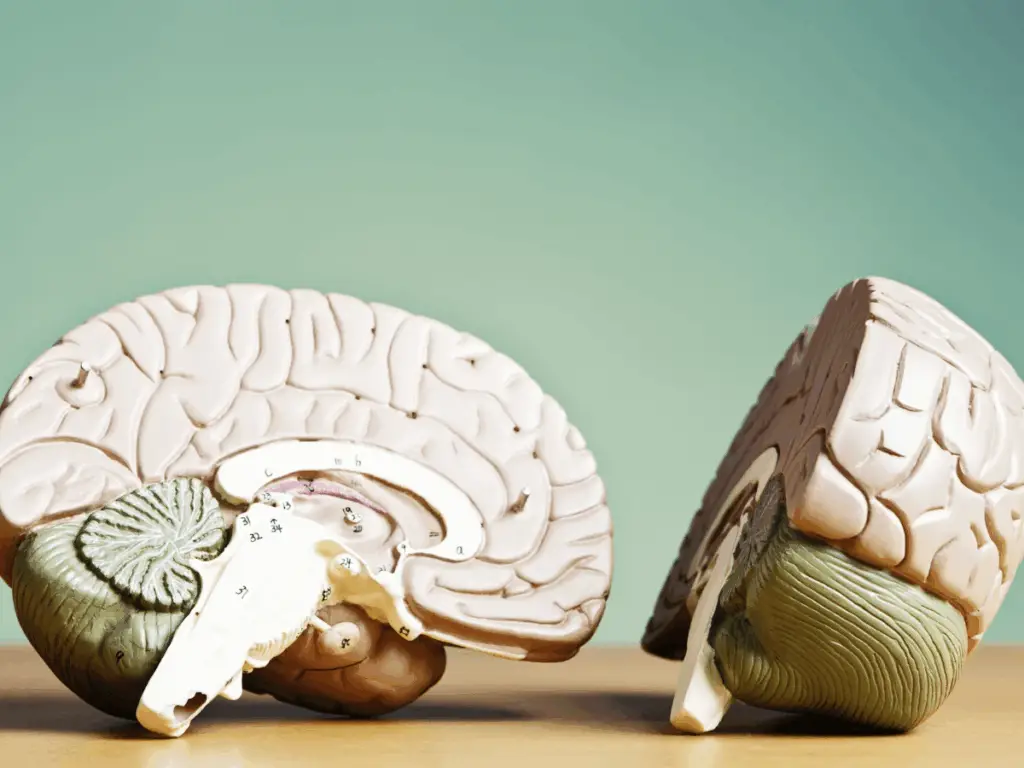
Depression is one of the most common mental health disorders worldwide, affecting millions of people each year. Multiple options are available for people suffering from this condition, and selecting the right one can significantly affect a patient’s response and recovery.
Selective serotonin reuptake inhibitors (SSRIs) are well-known treatments, while ketamine is an off-label option not everyone is aware of. Understanding how each drug functions can shed light on why some patients may respond better to one treatment over another.
Certain compounded forms, like nasal sprays and troches, may be prescribed for at-home use under strict medical oversight. Providers will assess if this is suitable based on the patient's condition and safety.
IV ketamine and the traditionally prescribed nasal spray Spravato must be administered in a doctor's office.
Ketamine is an FDA-approved anesthetic. When compounded at low, controlled doses may help treatment-resistant depression, chronic pain, anxiety, and PTSD.
Ketamine is most commonly compounded into nasal sprays, but can also be taken as troches and rapid dissolve tablets.
Forms such as nasal sprays, sublingual troches (lozenges), rapid-dissolving tablets, and topical creams are available for convenient at-home use under medical guidance.
For those with sensitivities, we offer allergen-free, dye-free, or preservative-free options.
These customizable formats allow your provider to match the delivery method to your treatment plan and individual needs.
At low, controlled doses for medical use, addiction risk is minimal. Ketamine is not neurologically addictive.
Psychological addiction is more of a factor when considering the potential for addiction when using compounded ketamine.
It targets glutamate receptors in the brain, potentially "resetting" neural pathways linked to mood and pain perception.
Patients can find relief when other treatments fail. Effects may be felt within hours.
While SSRIs focus primarily on serotonin, ketamine works by influencing the glutamate neurotransmitter system. Glutamate is the brain’s most abundant excitatory neurotransmitter, playing a crucial role in learning, memory, and overall brain function.
In patients with depression, the glutamate system can become dysregulated, leading to impaired neuroplasticity.
Ketamine targets NMDA receptors, a type of glutamate receptor in the brain, which is thought to enhance synaptic plasticity and restore brain function.
By modulating this pathway, ketamine helps enhance connections between neurons. It may help support connections that have been underactive or malfunctioning in depression.
Choosing between SSRIs and ketamine depends on several factors, including the severity of depression, past treatment history, and how quickly relief is needed.
Patients must work with their healthcare providers to find the best solution for their situation.
Please feel free to reach out to our pharmacy to learn more about ketamine options for depression.
Our pharmacists are knowledgeable and experienced in prescribing the medication. Fill out the form or give us a call!





